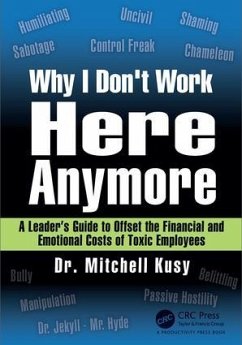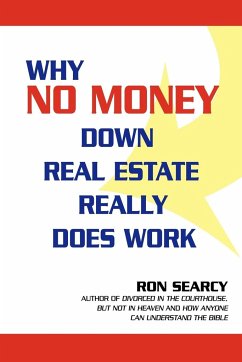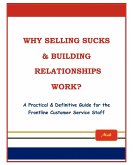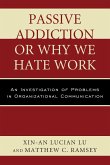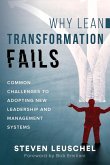You have likely heard stories from friends, family members, and colleagues who quit a job because of a toxic person-an individual who belittles, shames, humiliates, shames, or bullies. You may not have realized that these individuals not only take their tolls on our emotional psyches, but the financial outcomes of their organizations as well. Through this book's many case examples, as well as evidence-based practices and templates, each chapter singles out one main issue and how to resolve it with respect and clarity. Dr. Kusy presents concrete practices that will restore civility and respect into your organization as well as with increased financial performance. Some of these practices include: Calculating the real financial cost of toxic people in your organization. Providing direct and respectful feedback to a toxic peer, direct report, and even your boss. Replacing traditional exit interviews -- that often don't work very well -- with a method for dealing with toxic chameleons who "knock down and kiss up." Hiring, engaging talent, and even firing people based on a new approach to values-based performance management. You will emerge with a newfound understanding that restores personal well-being and increased financial performance.
Hinweis: Dieser Artikel kann nur an eine deutsche Lieferadresse ausgeliefert werden.
Hinweis: Dieser Artikel kann nur an eine deutsche Lieferadresse ausgeliefert werden.

